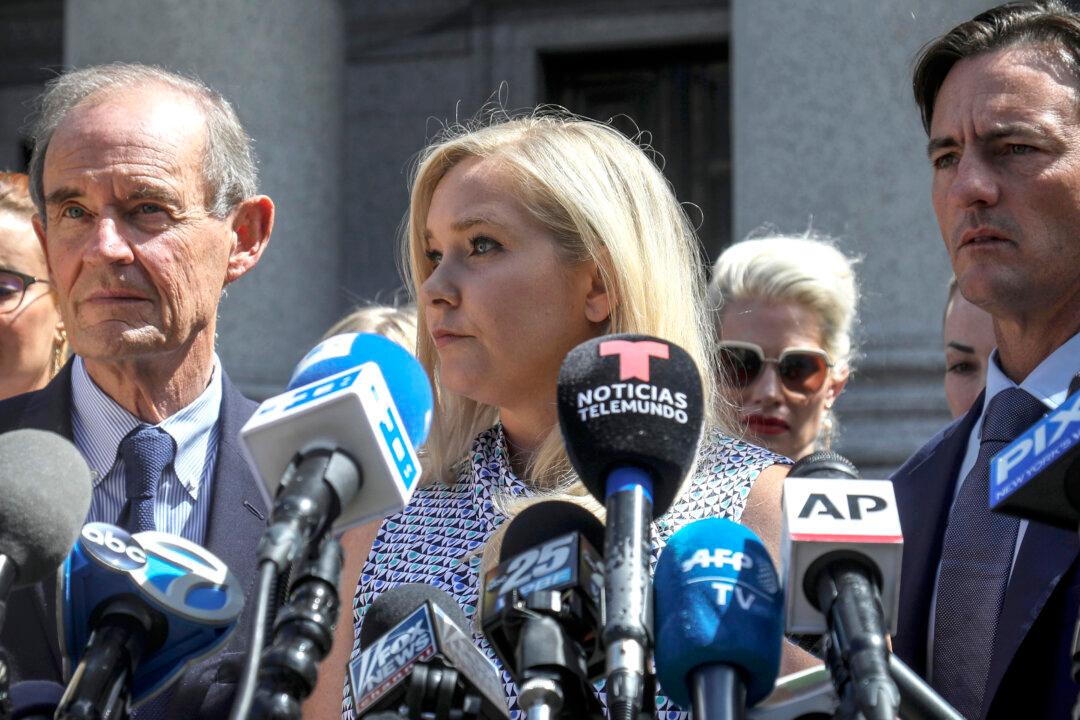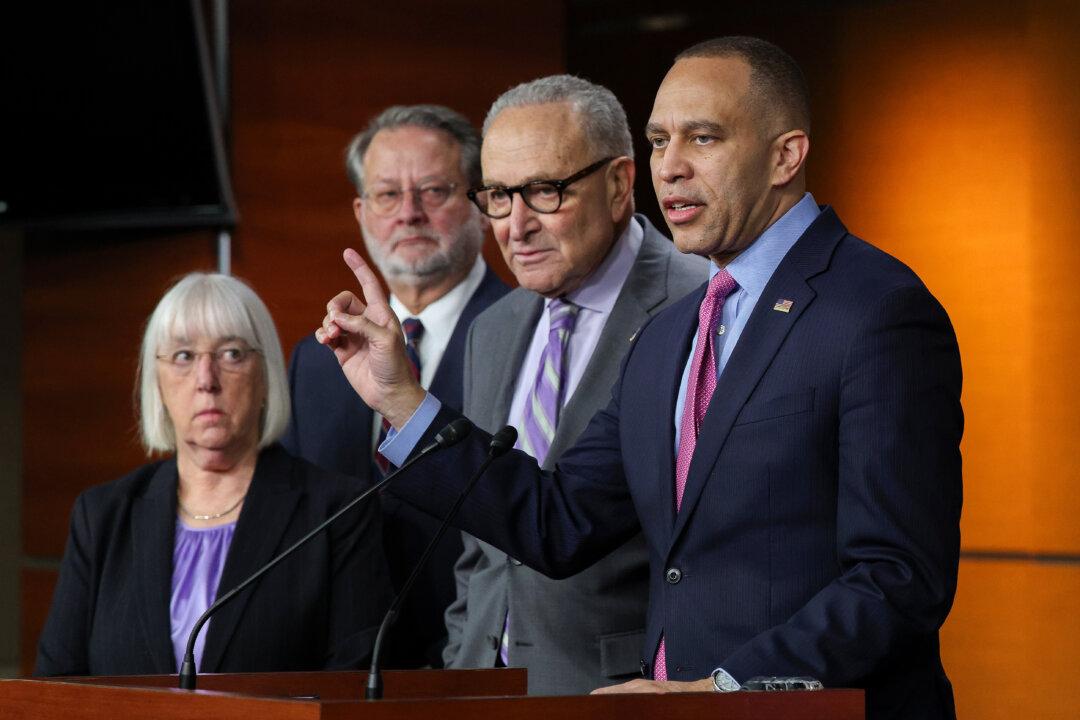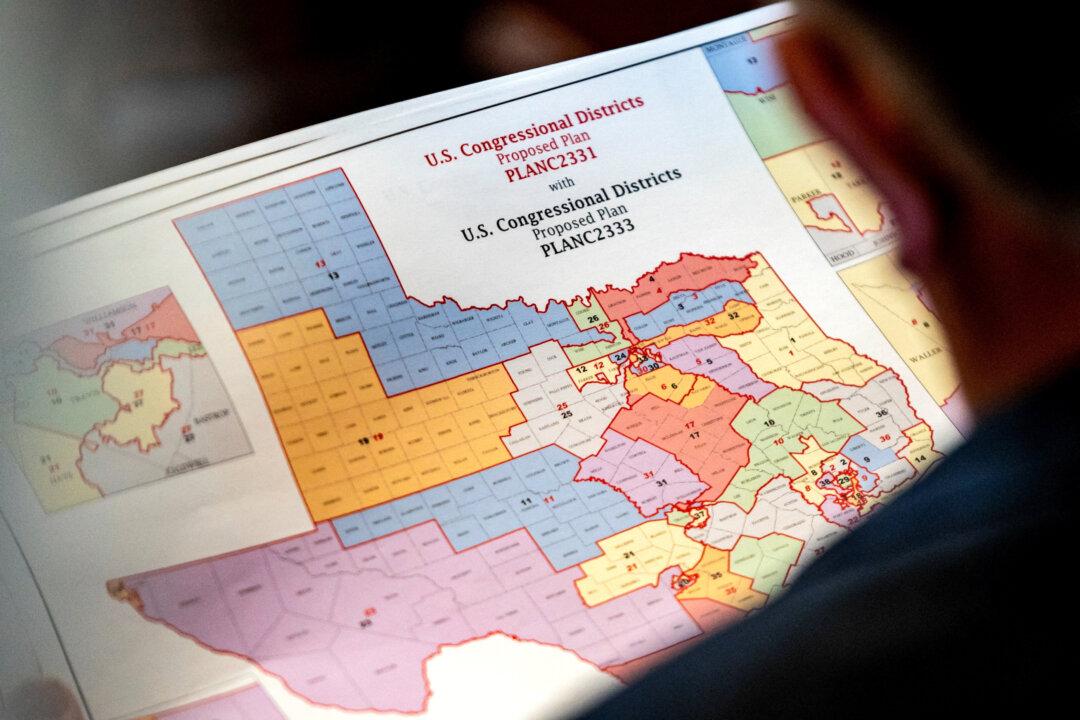As the public remains in the dark about why the Nashville Christian school shooter decided to go on her deadly rampage last March, killing three children and three adults at The Covenant School, the U.S. Department of Justice, alongside Nashville police, had planned a virtual seminar on the “lessons learned” from the incident for later this month.
The seminar, announced through a now-deleted page on the DOJ’s “Office of Justice Programs” (OJP) website, has since been canceled but raises questions about what information has been learned from the incident and why it has not been made public.





